Books
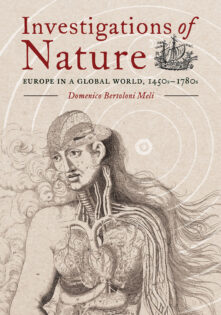
Investigations of Nature
Europe in a Global World, 1450s-1780s
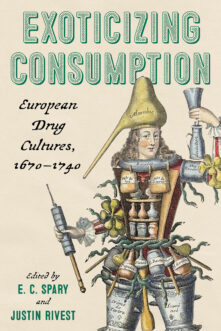
Exoticizing Consumption
European Drug Cultures, 1670-1740
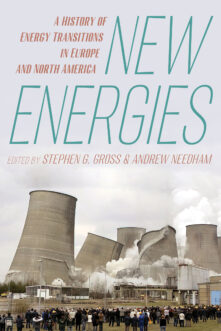
New Energies
A History of Energy Transitions in Europe and North America
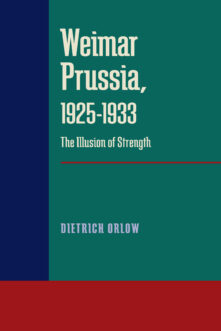
Weimar Prussia, 1925–1933
The Illusion of Strength
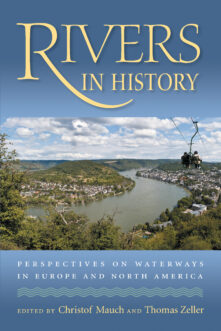
Rivers in History
Perspectives on Waterways in Europe and North America
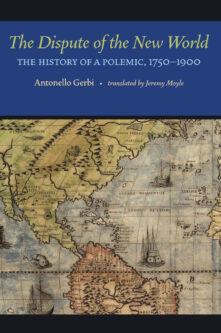
The Dispute of the New World
The History of a Polemic, 1750–1900
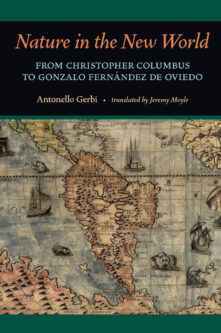
Nature in the New World
From Christopher Columbus to Gonzalo Fernández de Oviedo
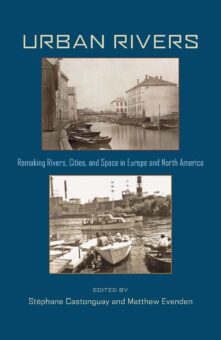
Urban Rivers
Remaking Rivers, Cities, and Space in Europe and North America
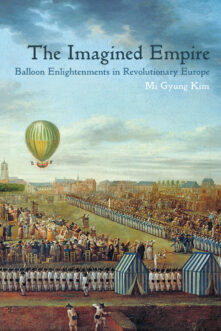
The Imagined Empire
Balloon Enlightenments in Revolutionary Europe
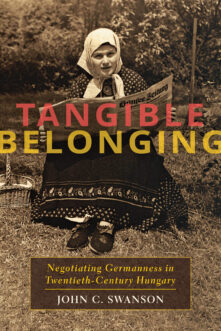
Tangible Belonging
Negotiating Germanness in Twentieth-Century Hungary
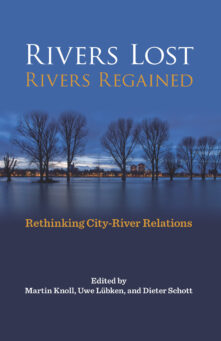
Rivers Lost, Rivers Regained
Rethinking City-River Relations
Total 11 results found.

